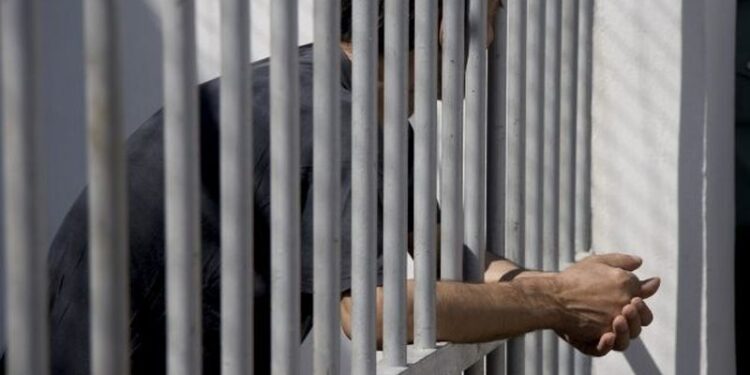By Enyichukwu Enemanna
The Italian government has unveiled plan to address the country’s chronic prison overcrowding, pledging to create up to 15,000 additional prison places.
Prime Minister Giorgia Meloni announced the measures late Tuesday, stating that a just society “should adjust the capacity of prisons to the number of people that need to serve their sentences.”
The government is also seeking to expand alternatives to individuals incarcerated over their struggle for addiction.
The announcement follows mounting public concern over deteriorating prison conditions, especially after a record number of inmates died in connection with suicide last year. There have also been complaints about unbearable heat in facilities lacking air conditioning.
As of July 15, Italy housed 62,986 inmates in prisons built to accommodate just 47,289, an occupancy rate of 133%, among the highest in Europe. Only Cyprus and France fare worse, according to the World Prison Brief database.
To address the crisis, the Italian government has presented a €758 million ($890 million) plan to expand prison infrastructure by nearly 10,000 spaces by 2027.
A separate initiative aims to create an additional 5,000 spaces over the next five years, though no specific budget has been allocated for that yet.
The government has also approved a draft law that would allow a substantial number of prisoners with alcohol or drug addiction issues to serve their sentences in rehabilitation centres instead of traditional correctional facilities.
The law, which still requires parliamentary approval, is a move to redirect those with health problems away from punitive systems and towards recovery.
“These are people who need treatment rather than criminals who need punishment,” said Justice Minister Carlo Nordio, who noted that nearly a third of Italy’s prison population suffers from substance dependency.
While the Italian parliament passed a law last year aimed at improving prison conditions, critics say it has had little impact.
The new set of reforms marks the most significant attempt in recent years to alleviate pressure on the penal system and shift part of the focus towards rehabilitation and humane treatment.


































